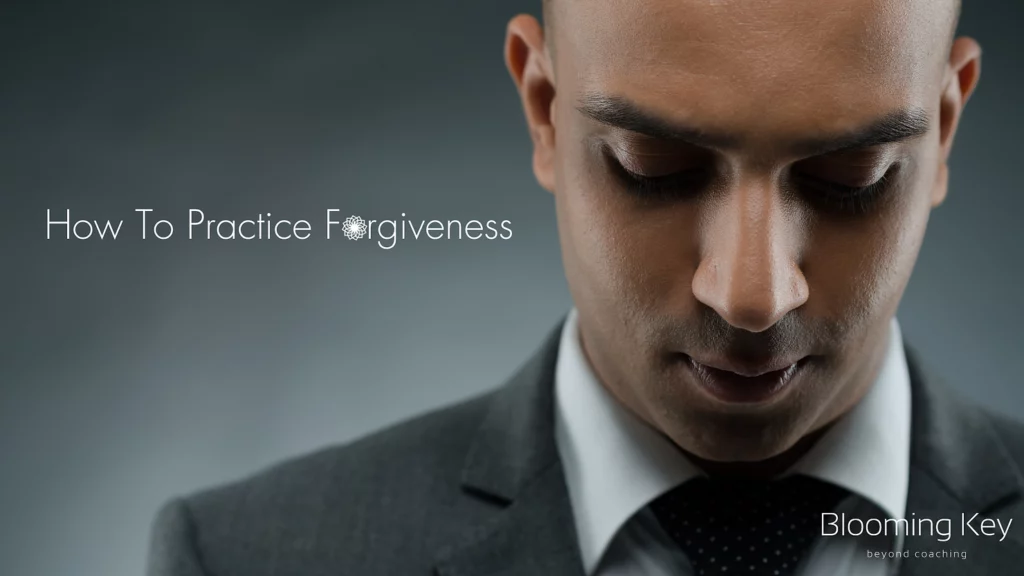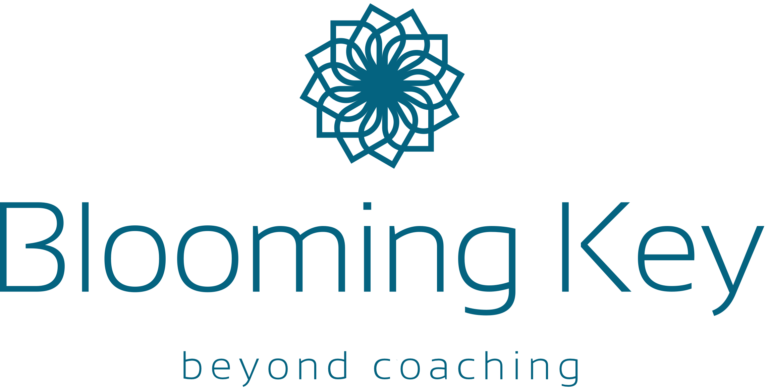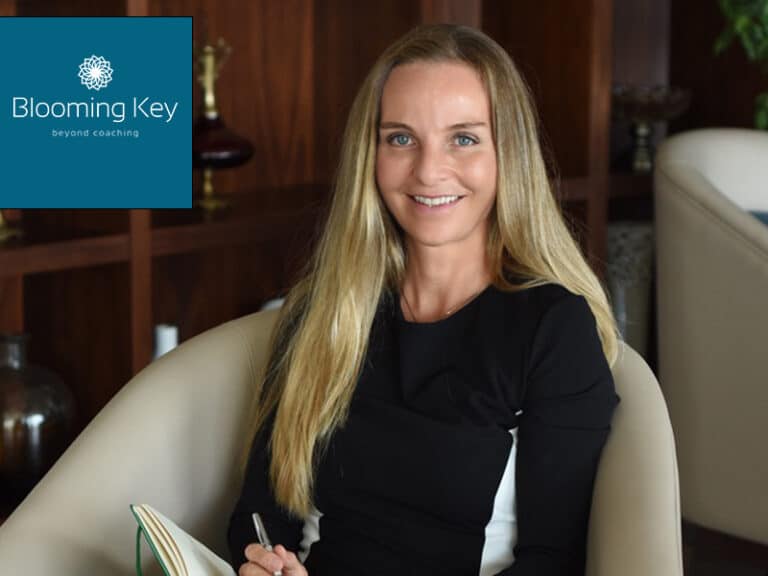Forgiveness might be the key to success. Being able to clear your mind, let go of resentment and live in the moment helps entrepreneurs and business owners become more productive, creative and successful. In this article, we’re going to discuss the power of forgiveness, and how holding onto a grudge can hold you back in life.
Forgive Those Who Resent Your Success
Many successful entrepreneurs will tell you that the more success they experienced in life, the more people resented them. Unfortunately, it is common for even friends and family members to become frustrated and in some cases resentful at your achievements. But, if you let an argument or dispute ruin your productivity by holding onto a grudge this could be doing more damage to you, than to the person who upset you. To forgive those who resent your success actually means letting go off negative thoughts and emotions, and making space for creativity and a positive outlook on life.
Forgive Loved Ones
If you’re starting your own business this often comes with risk. Whether it’s a financial investment or risking your relationship. Taking a path in life that carries this type of risk, won’t be easy for loved ones to understand or accept, especially if it means changing your lifestyle. When this happens, families can often fall out. While partners believe they are doing right, by guiding you down a different and less risky path, if you are an entrepreneur, this can seem as though they are acting against you. But, it’s important to forgive loved ones, to prevent your relationship from becoming toxic. Their decisions, actions and opinions often come from fear of the unknown and uncertainty about your future together, so try to understand where they’re coming from and practice forgiveness. Family disputes can cause a lot of emotional distress and while you can try to ignore how you feel, it will inevitably be on your mind. When you practice forgiveness and make peace with your partner and close family members, you’ll experience mental clarity and will be able to move forward.
Mental Clarity & To Hold Resentment
As we’ve just mentioned, holding onto a grudge can impact your mental health. An argument, dispute or feud with another person can cause stress, anxiety and a creative block. To become more productive and creative as an entrepreneur you need to shift your focus from the ghosts of your past to the goals of your future. The best way of doing this is to practice forgiveness. By accepting your own feelings and genuinely forgiving those who have done you wrong, you’ll feel a massive weight has been lifted off your shoulders. This light feeling will give you a new lease of life and let your mind wander. Only when you can achieve mental clarity can you become truly creative.
3 Ways:

As an entrepreneur, you will make countless mistakes, both in business and in your personal life. Learning to forgive yourself first, will help you to forgive others. Remember that everyone makes mistakes in life and everyone deserves to be forgiven. To help you practice forgiveness in your daily life, here are 3 easy ways to forgive and move forward.
1: Accept that something happened that you didn’t like and that this situation wasn’t acceptable. Appreciate your reaction and genuine emotions. Replay the situation and then take a deep breath. As you breathe out, let go of your emotions and any resentment you were holding in order to heal yourself. Even if you are taking legal action against someone who did you wrong, you can still practice forgiveness and shield yourself from further heartache.
2: Shift resentment to compassion and understanding. This is especially helpful for family members and people close to you. Meditation is often a great way to practice forgiveness. Try to close your eyes and visualize the situation from the other person’s point of view. This will help you to start to understand why they might have hurt you or acted in a certain way. Most people who do wrong to others have suffered themselves. Theta Healing is an especially helpful technique to free yourself from resentment, hatred and grudges; accelerating your journey to success.
3: Put things into perspective. Ask yourself whether this will matter tomorrow, next week, next month or next year? Now consider how much time, energy and emotions you’re investing in this situation or scenario. Consider your problem compared to other people in the world. Putting things into perspective and realizing the insignificance of a grudge helps you to easily forgive others and releases energies for creativity and productivity.






